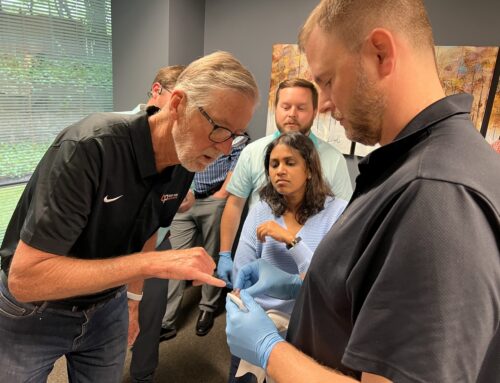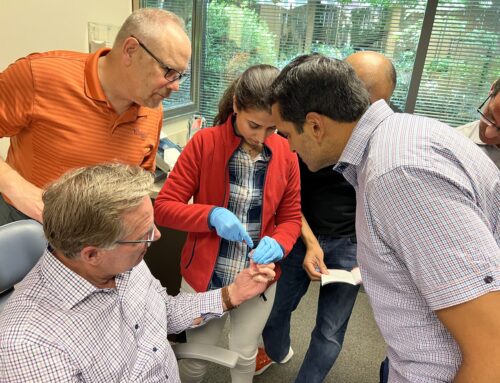As the field of dentistry continues to evolve, staying updated with the latest advancements and techniques is crucial for providing the best possible care to patients. One area that has gained increasing attention is craniofacial pain and dental sleep medicine. Dentists who complete continuing education in these areas stand to gain numerous benefits, both professionally and for their patients’ well-being.
A look at craniofacial pain
Craniofacial pain, which includes conditions like temporomandibular joint disorders (TMD), headaches, and facial pain, can greatly impact patients’ quality of life. Many individuals suffer from these issues without realizing that a dentist might be able to help.
By pursuing further education in craniofacial pain, dentists can learn about the intricacies of these conditions, their underlying causes, and effective treatment approaches. This knowledge empowers them to accurately diagnose and offer comprehensive solutions to patients, relieving their pain and improving their overall oral health.
Collaborative care
Moreover, dentists specializing in craniofacial pain can collaborate with other healthcare professionals, such as physical therapists, pain specialists, and sleep medicine experts, to provide holistic care. This interdisciplinary approach ensures that patients receive well-rounded treatment plans that address the root causes of their pain.
By completing continuing education in this field, dentists position themselves as integral members of a patient’s healthcare team, enhancing their professional reputation and creating opportunities for cross-referrals.
Explore dental sleep medicine
In addition to craniofacial pain, dental sleep medicine is another crucial area for dentists to explore. Sleep disorders, such as sleep apnea, not only impact sleep quality but also have profound effects on oral health.
Through continuing education, dentists can learn about the connection between sleep disorders and dental health, enabling them to identify potential issues during routine dental visits. By offering screening and treatment options for sleep-related disorders, dentists contribute to their patients’ overall well-being, potentially saving lives by addressing conditions that often go undiagnosed.
A wise investment
Pursuing continuing education in craniofacial pain and dental sleep medicine is a wise investment for dentists who seek to provide comprehensive and patient-centered care. By acquiring knowledge and skills in these fields, dentists can accurately diagnose and treat conditions that significantly affect their patients’ quality of life.
Furthermore, such specialized education enables dentists to collaborate with other health care professionals and position themselves as leaders in interdisciplinary healthcare. Ultimately, the integration of craniofacial pain and dental sleep medicine into a dental practice can lead to improved patient outcomes, enhanced professional satisfaction, and a broader scope of services offered.






